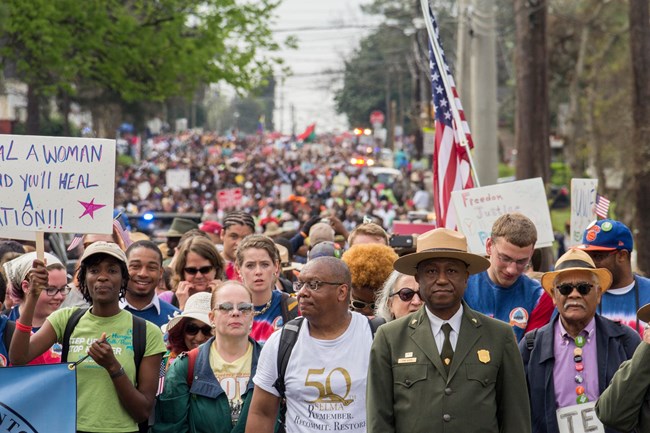
NPS Photo Creation of the Selma to Montgomery National Historic TrailIn 1993, Congressman John Lewis introduced a bill in Congress to designate the route of the Selma to Montgomery marches as a national historic trail, though little progress was made in getting the bill passed for the next couple years. 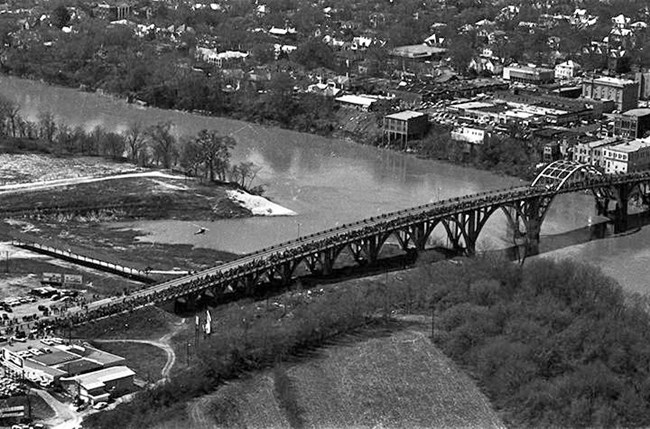
Photo courtesy of the Alabama Department of Archives and History The March RouteThe 54-mile trail follows the historic march, beginning at the Brown Chapel African Methodist Episcopal (AME) Church in Selma and crossing the Edmund Pettus Bridge. As they crossed the bridge, the nonviolent marchers were stopped and beaten by law enforcement officers in what came to be known as “Bloody Sunday” on March 7th, 1965. Outraged protesters from around the country joined the marchers for a subsequent five-day march that began in Selma on March 21st, 1965, this time with state and federal law enforcement protection. 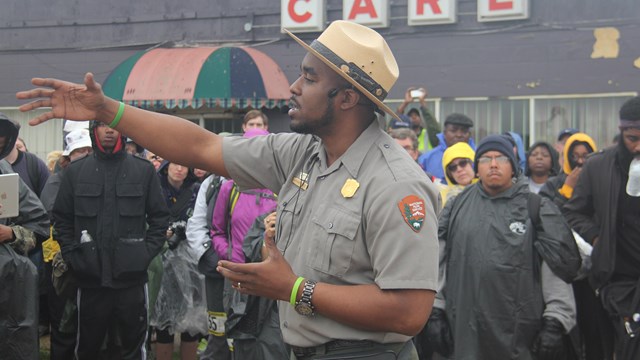
Guided Talks & Tours
Call or visit our Interpretive Centers to schedule your group for a guided talk or program. 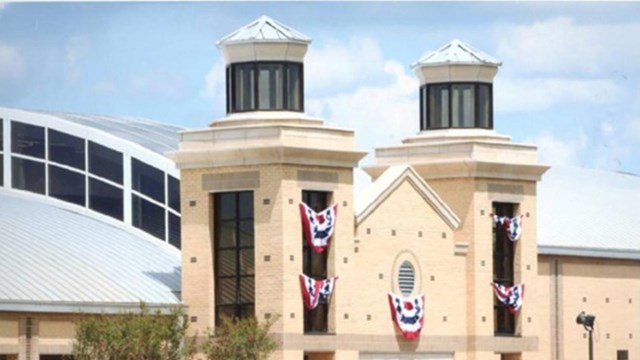
Museum Collections
Learn more information about the various civil rights era objects and artifacts in our collection. 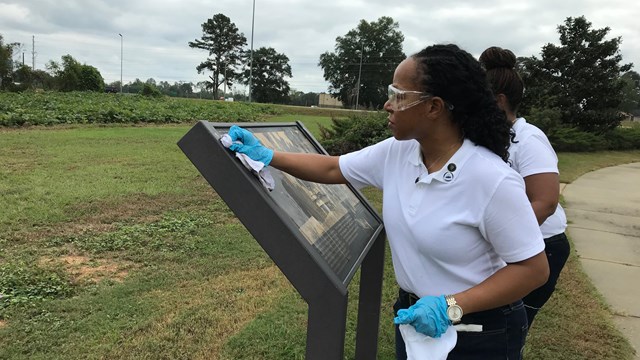
Volunteers-In-Parks
Become a VIP and volunteer at our Interpretive Centers or along the SEMO Historic Trail. |
Last updated: October 24, 2023
